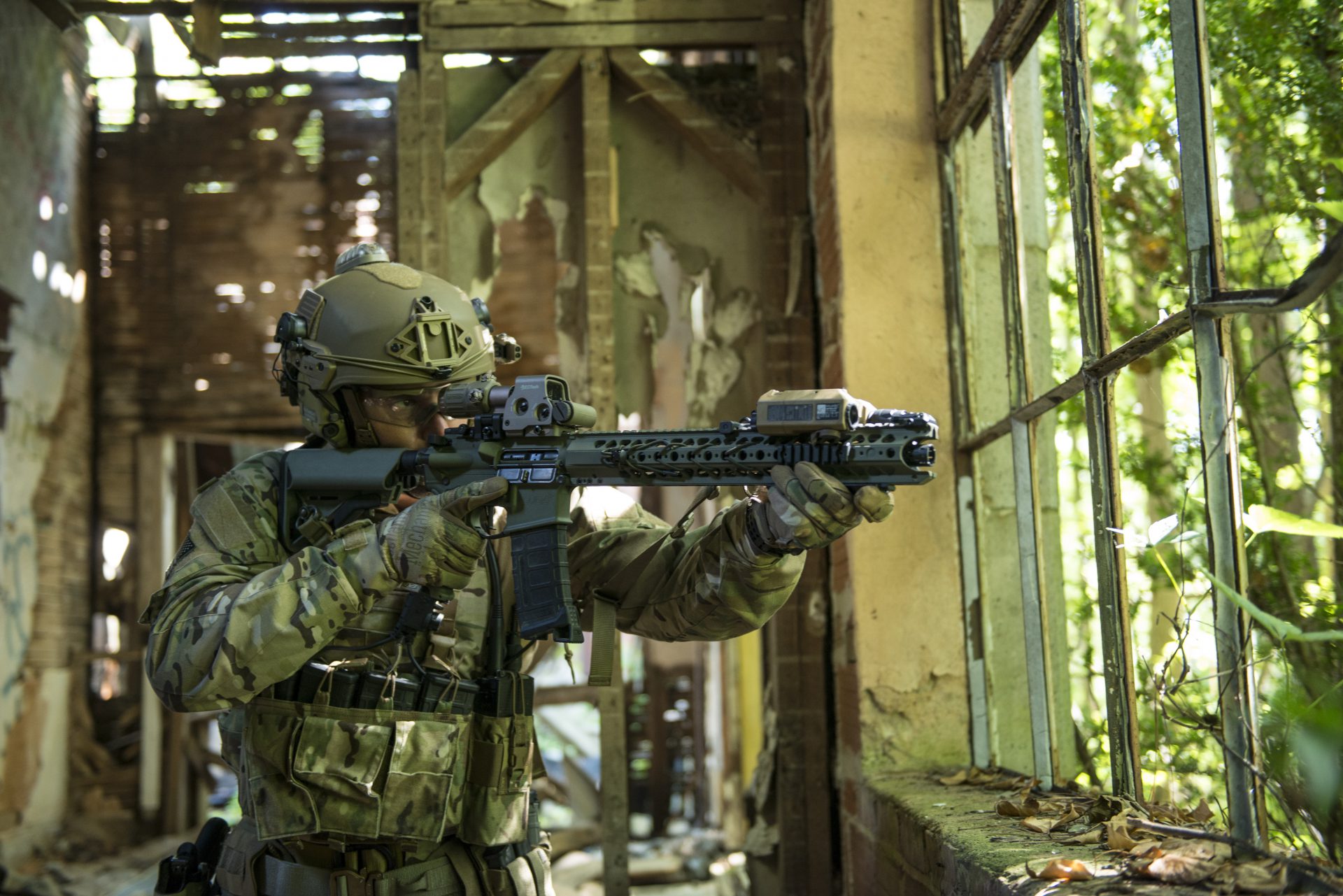


The Human Performance Lab also provides subject matter expertise on the Air Force fitness program and human performance, offering scientific data through research and exercise physiology principles. Coaches, cadet athletes, and cadets receive specific physiological information by way of testing, research, training, and education.

The Human Performance Laboratory applies sports science principles to improve Academy athletic teams and individual cadet performance. Center for Aircraft Structural Life Extension (CAStLE).
AIR FORCE RESEARCH LABORATORY VERIFICATION
Faculty and cadets associated with the USAFA Research Centers may compete for funding through this effort in areas such as development and evaluation of hypersonic turbulence models, and creation of experimental datasets to enable verification and validation of new simulation capabilities. This program will enable academic and research institutions around the country to pursue advances in the ability to simulate the challenging aerothermodynamic and propulsion system phenomena-such as boundary layer transition, shock-shock and shock-boundary layer interactions, ablation, non-equilibrium chemistry, and fluid/thermal/ structural interactions-of hypersonic flight in order to accelerate technology development and transition into superior defense capabilities for the the United States. The vision of this effort is to bring together disparate DOD, DOE, NASA, academic, and industry hypersonic researchers to address current shortcomings and advance the state-of-the-art in hypersonic vehicle simulation. The Hypersonic Vehicle Simulation Institute, sponsored by the DOD High Performance Computing Modernization Program, is a national effort managed by the USAFA. Through the Air Force Technology, Transfer, and Transition program (T3), our cadets benefit from the sharing of knowledge, expertise, equipment and testing facilities through the Department of Defense and its research partners. Each year, over 450 students participate in the Cadet Summer Research Program across a multitude of states and countries in collaboration with government and private entities such as Google, Tesla, Amazon, the Air Force Research Lab, the Institute of Political Journalism and Communications, as well as the Office of the Secretary of the Air Force.Īcross 24 research centers and institutes, our students have unparalleled opportunities and resources to conduct research that impacts national defense and society at large. Curiosity, problem solving, and team work are integral to the United States Air Force Academy’s culture of learning as our future officers prepare to solve complex problems in the sky, space, and cyberspace.


 0 kommentar(er)
0 kommentar(er)
